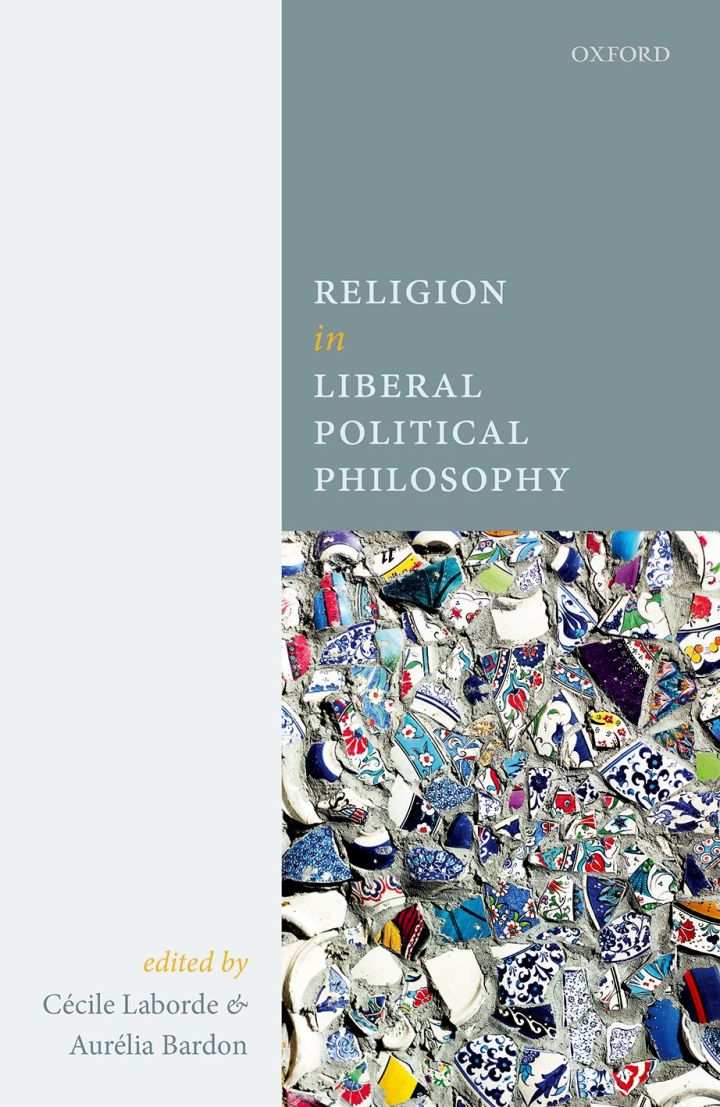Religion in Liberal Political Philosophy 1st Edition
$37.38
Attention: This is just ebook, Access Codes or any other Supplements excluded! / File Delivery: Sent Via Email within 24 hours!
SKU: 49692a1699f8
Category: Law Textbooks
Description
-
Author(s)Cecile Laborde; Aurelia Bardon
-
PublisherOUP Oxford
-
FormatPDF
-
Print ISBN
9780198794394, 0198794398 -
eText ISBN
9780198794394, 0198794398 -
Edition1st
-
Copyright
- Details
Until now, there has been no direct and extensive engagement with the category of religion from liberal political philosophy. Over the last thirty years or so, liberals have tended to analyze religion under proximate categories such as ‘conceptions of the good’ (in debates about neutrality) or ‘culture’ (in debates about multiculturalism). US constitutional lawyers and French political theorists both tackled the category of religion head-on (under First Amendment jurisprudence and the political tradition of laïcité, respectively) but neither of these specialized national discourses found their way into mainstream liberal political philosophy. This is somewhat paradoxical because key liberal notions (state sovereignty, toleration, individual freedom, the rights of conscience, public reason) were elaborated as a response to 17th Century European Wars of Religion, and the fundamental structure of liberalism is rooted in the western experience of politico-religious conflict. So a reappraisal of this tradition – and of its validity in the light of contemporary challenges – is well overdue. This book offers the first extensive engagement with religion from liberal political philosophers. The volume analyzes, from within the liberal philosophical tradition itself, the key notions of conscience, public reason, non-establishment, and neutrality. Insofar as the contemporary religious revival is seen as posing a challenge to liberalism, it seems more crucial than ever to explore the specific resources that the liberal tradition has to answer it.
Related products
-
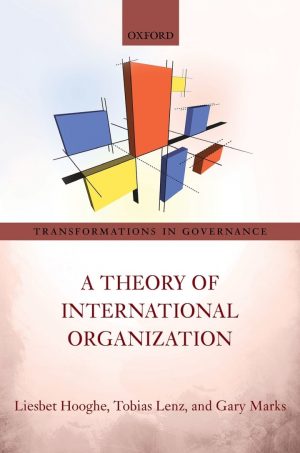
A Theory of International Organization
Rated 0 out of 5$11.05 Add to cart -
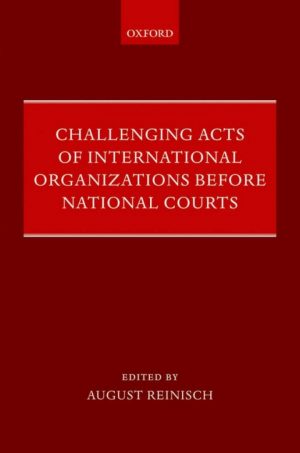
Challenging Acts of International Organizations Before National Courts 1st Edition
Rated 0 out of 5$43.88 Add to cart -
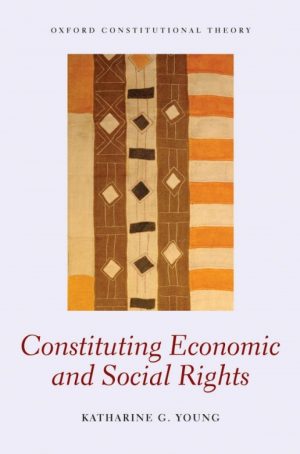
Constituting Economic and Social Rights
Rated 0 out of 5$17.88 Add to cart -
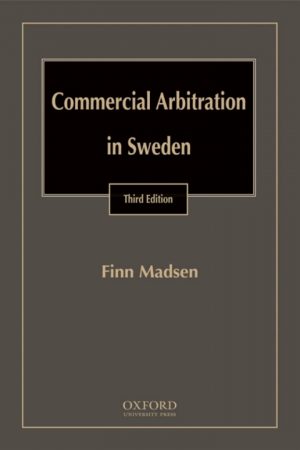
Commercial Arbitration in Sweden 3rd Edition
Rated 0 out of 5$146.25 Add to cart

